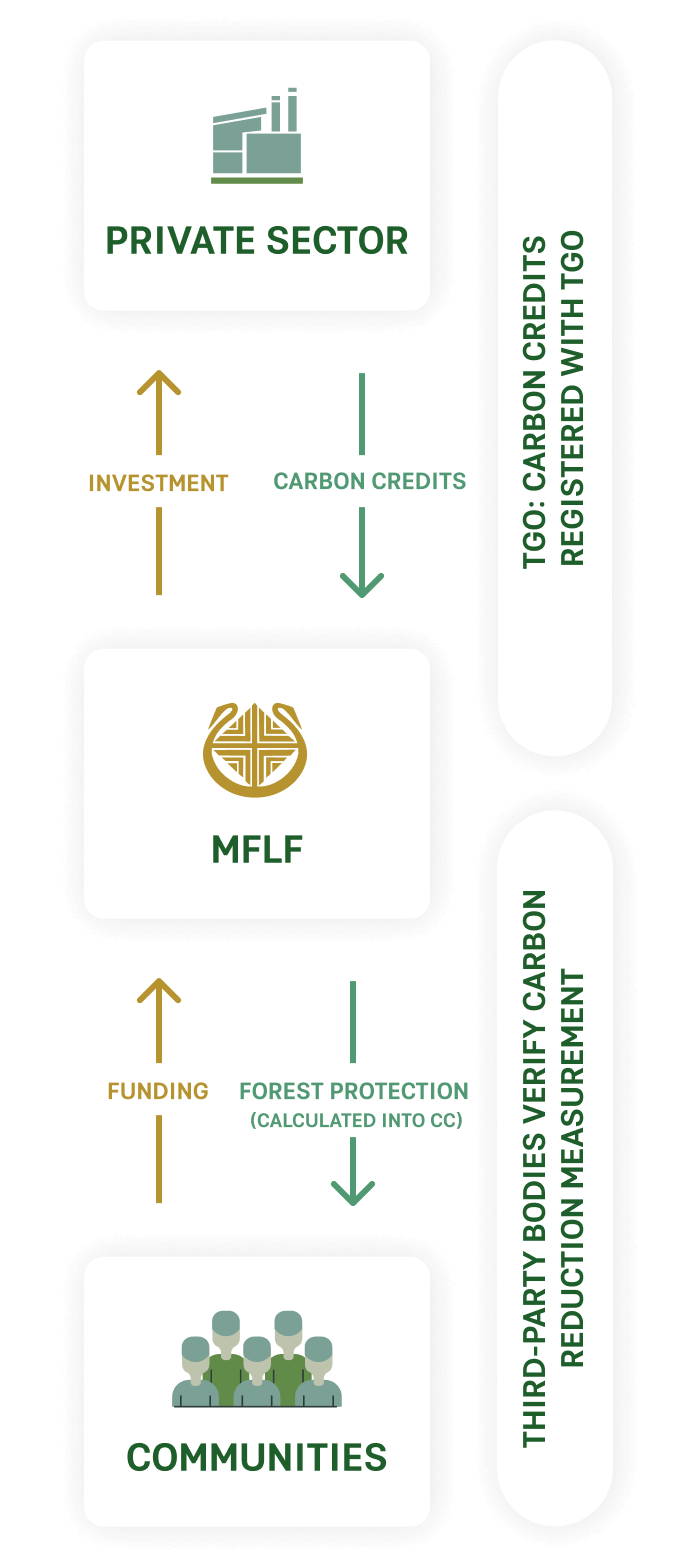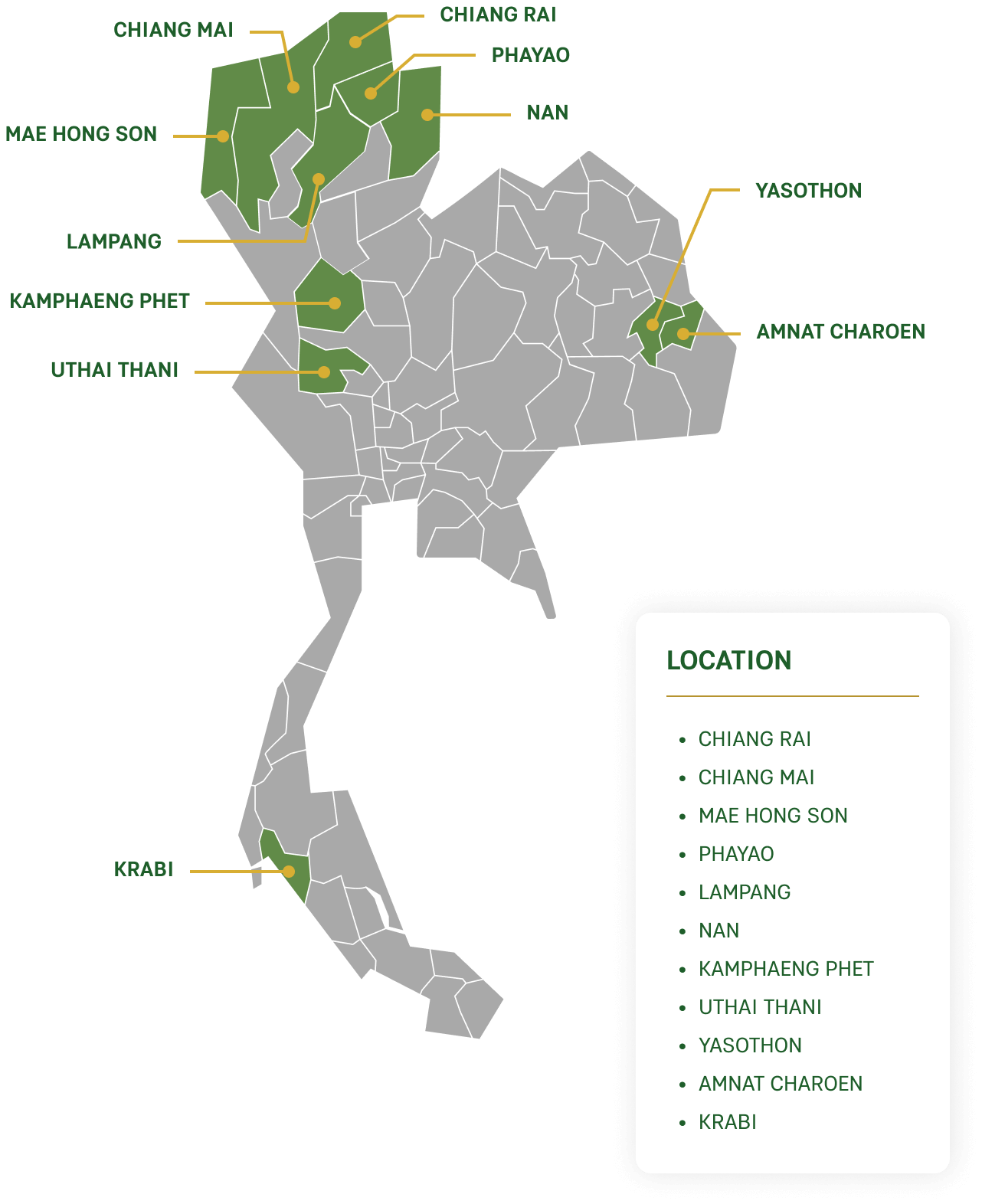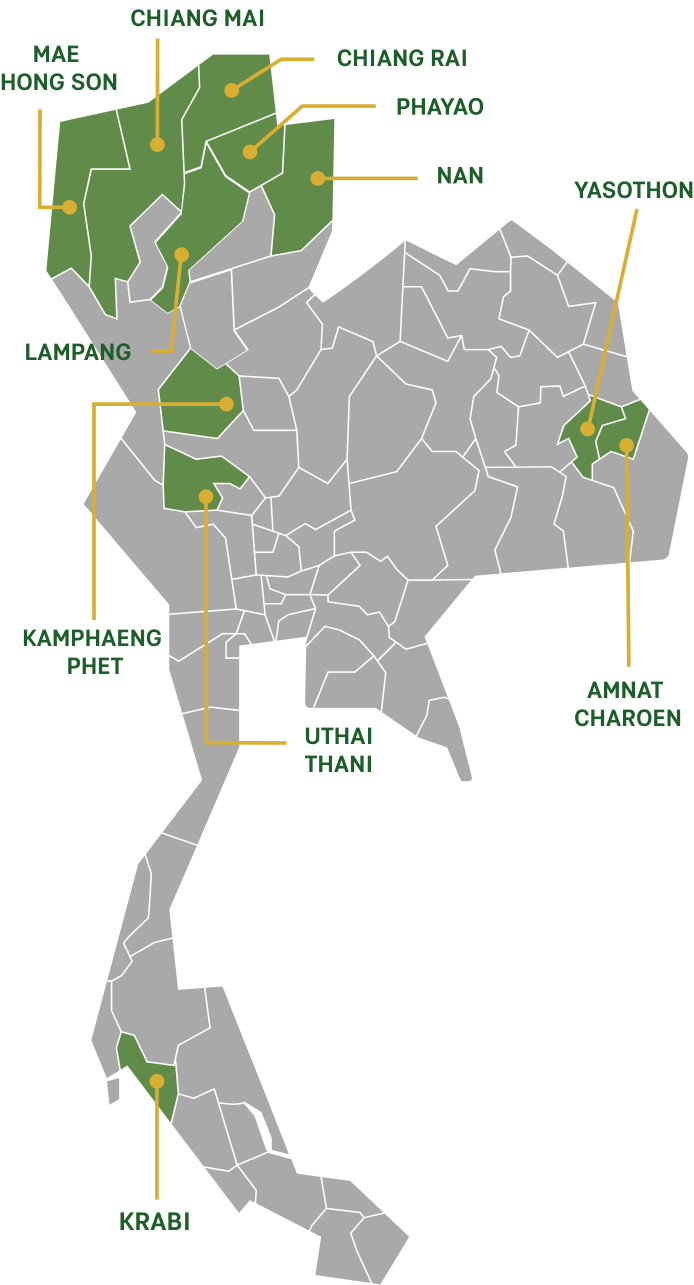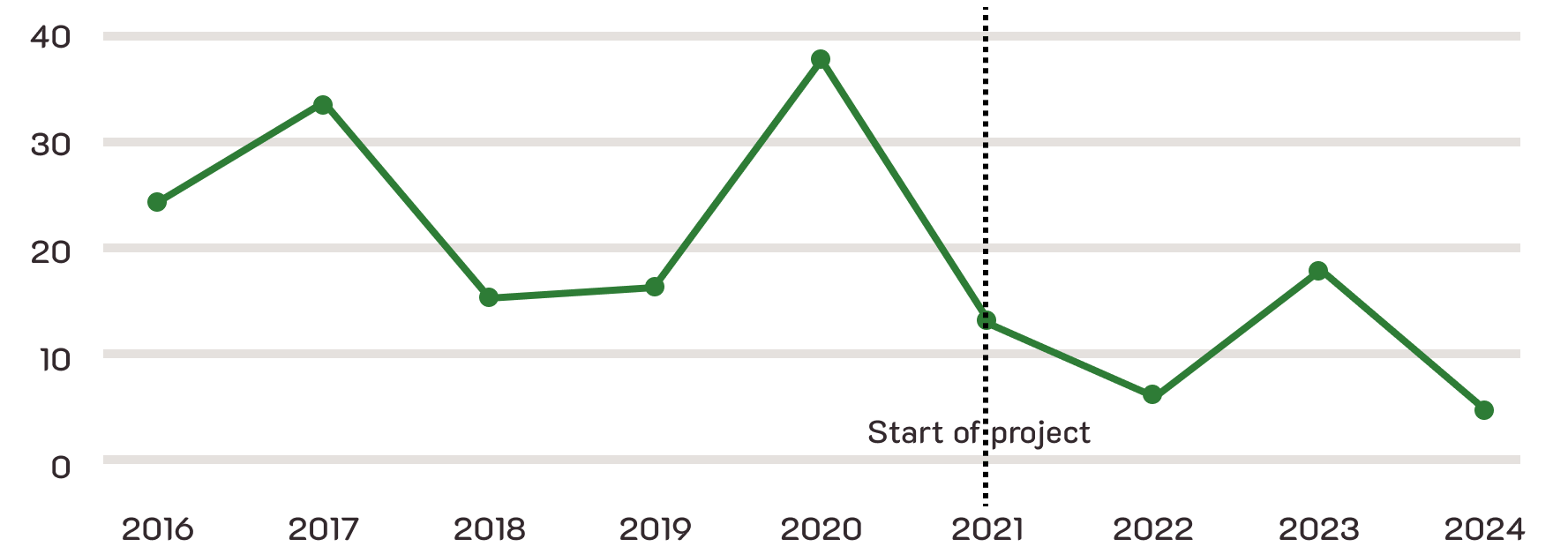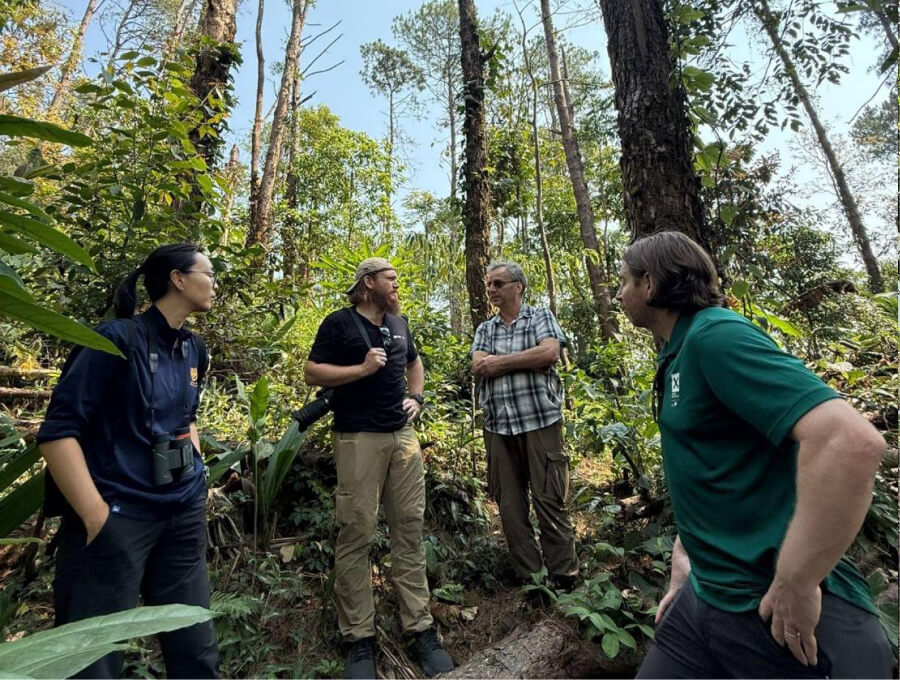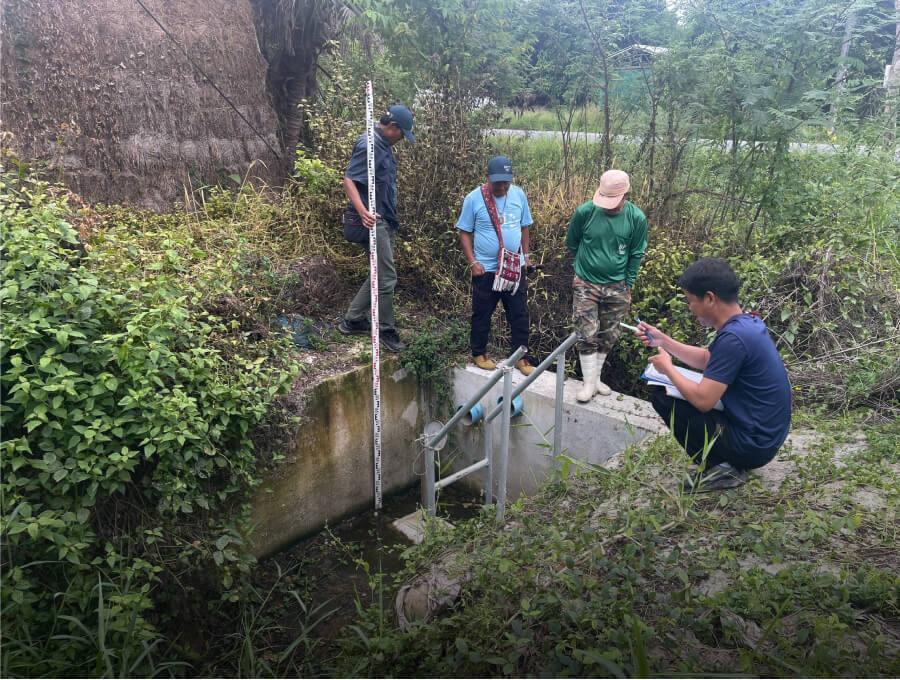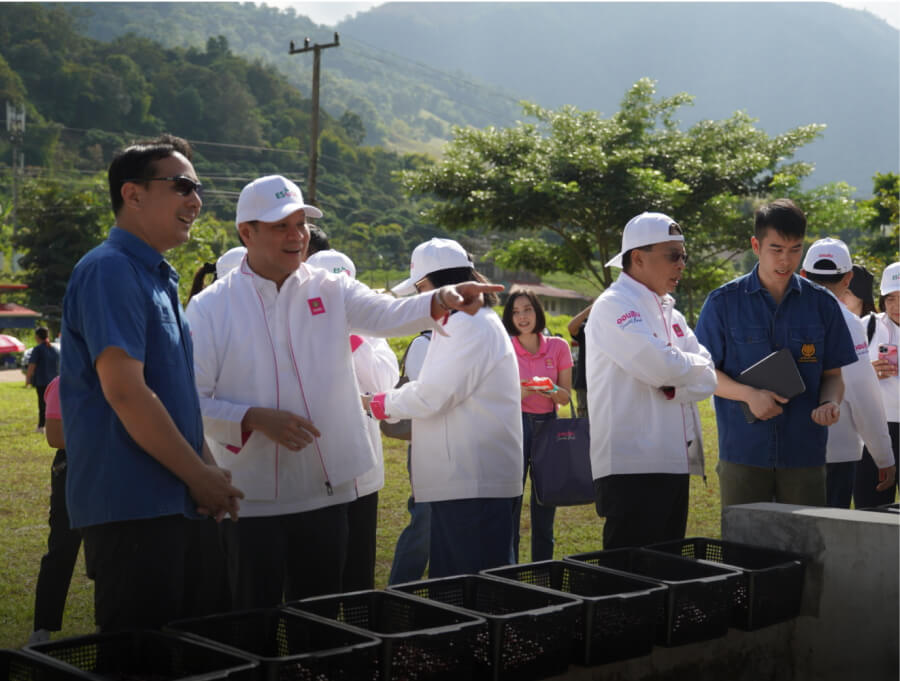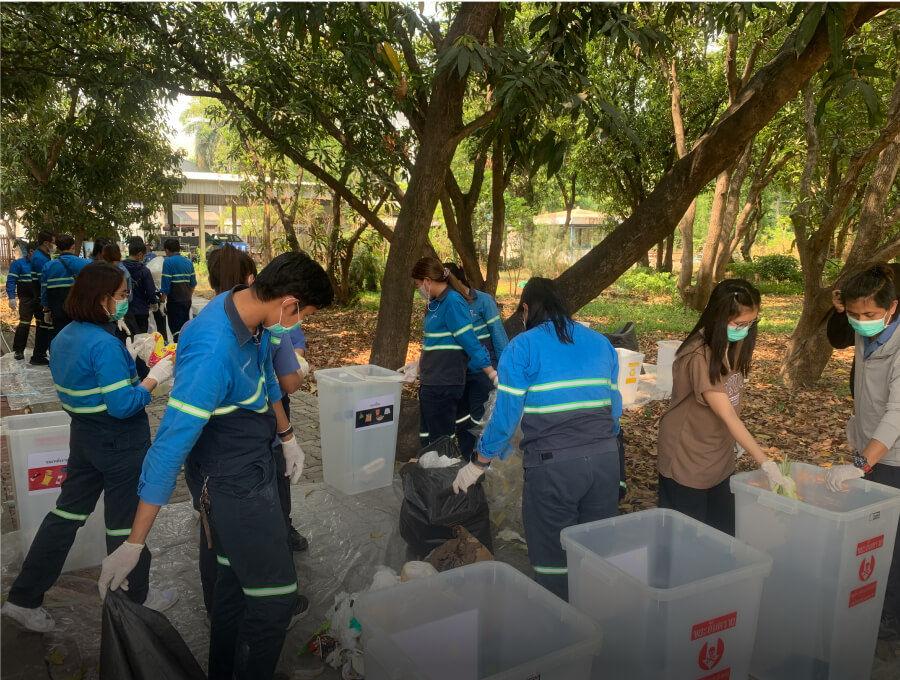The Mae Fah Luang Foundation under Royal Patronage, led by Thanphuying Putrie Viravaidya, Chairperson and M.L. Dispanadda Diskul, Secretary-General and Chief Executive Officer, along with the foundation’s executives and team, participated as part of the Thai delegation in the 68th Session of the Commission on Narcotic Drugs (CND) in Vienna, Austria, recently.
During the session, Thailand, represented by the Office of the Narcotics Control Board (ONCB), organized a side event titled “Addressing the Methamphetamine Crisis in the Mekong and Beyond.” The event was held in collaboration with China, India, Australia, and the United Nations Office on Drugs and Crime, Southeast Asia and the Pacific (UNODC SEAP). The discussions highlighted the challenges posed by the methamphetamine crisis, particularly the illicit production of methamphetamine (commonly known as yaba) in the Golden Triangle. The perspectives of both regional and non-regional countries were shared, reflecting Thailand’s efforts to curb drug trafficking along its borders and to research treatments for methamphetamine addiction.
Additionally, Thailand hosted an exhibition on the “Methamphetamine Crisis in the Greater Mekong Sub-region.” This exhibition, developed in collaboration with UNODC SEAP and supported by the six signatory countries of the Mekong Memorandum of Understanding (MOU) on Drug Control—China, Cambodia, Laos, Myanmar, Thailand, and Vietnam—aimed to raise awareness about the severity of the drug problem in the region.
The exhibition showcased the methamphetamine crisis through visuals of major yaba and crystal methamphetamine seizures in the Greater Mekong Sub-region, as well as the physical and chemical characteristics of yaba and the severe health and societal impacts of drug abuse. Its primary goal was to raise international awareness of the magnitude of the drug problem and urge global attention to addressing methamphetamine and synthetic drug crises, which are rapidly escalating and causing widespread consequences.
Mae Fah Luang Foundation’s Role in Advancing Alternative Development
As part of the event, The Mae Fah Luang Foundation participated in a side meeting titled: “Updating the UN Guiding Principles on Alternative Development (UNGP on AD): Towards More Human-Centered and Territorial Approaches.” alongside the Ministry of Foreign Affairs. This session focused on key outcomes from the 9th Expert Group Meeting on Alternative Development (EGM on AD), serving as a platform to review and refine the United Nations Guiding Principles on Alternative Development (UNGP on AD). During the discussion, M.L. Dispanadda Diskul, Secretary-General and Chief Executive Officer of The Mae Fah Luang Foundation under Royal Patronage, emphasized: “The Mae Fah Luang Foundation prioritizes tackling drug-related issues at their root causes through a ‘People-Centered Approach’.” He pointed out that over the past decade, the drug problem has become increasingly complex, particularly due to illegal crop cultivation, which has adversely affected natural resources. Thus, Alternative Development (AD) is a crucial mechanism that enables communities to achieve stable livelihoods, reduce dependence on illicit activities, and foster sustainable local economies.
Another key issue raised was the need for access to funding for environmental solutions. The discussion emphasized that Alternative Development should be recognized as a mechanism that not only improves livelihoods but also contributes to environmental conservation. For example, carbon credit systems could be developed as a source of income for communities, motivating them to protect forests and reduce the risk of engaging in illegal activities.
Furthermore, the session underscored the importance of human rights, gender equality, and Indigenous community participation in the development process, ensuring that these initiatives create meaningful and lasting impacts on affected communities.
Global Resolution to Strengthen Alternative Development Approaches
At the 68th CND Session, a resolution proposed by the Republic of Peru, co-sponsored by Thailand and Germany, was adopted. The Mae Fah Luang Foundation played a key role in the negotiations of this resolution, titled: “Complementing the United Nations Guiding Principles on Alternative Development.”
This resolution aims to modernize strategies to align with current challenges, assisting communities in transitioning from dependence on illicit drugs to sustainable economic opportunities while promoting environmental conservation, biodiversity, equity, and human rights—principles in which the Mae Fah Luang Foundation has extensive expertise and long-standing success.
This CND session marks a significant milestone for the Mae Fah Luang Foundation in advocating for Alternative Development on the global stage, furthering efforts to create sustainable change for communities worldwide.

